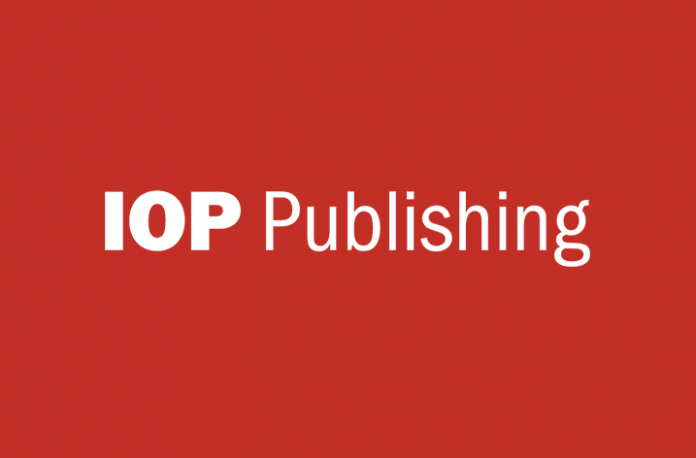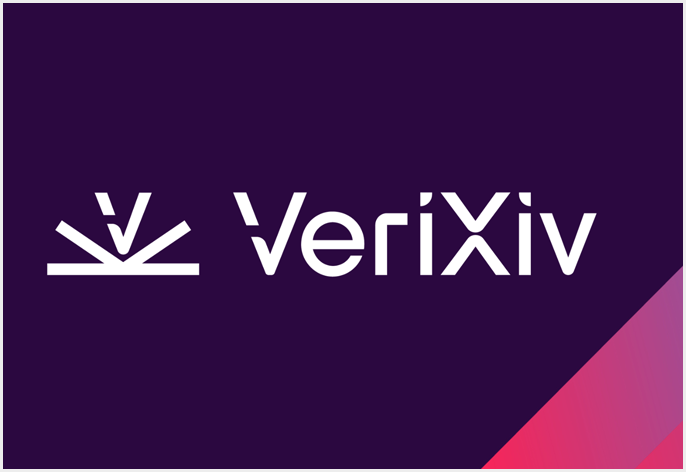A new outside art project from Springer Nature Group launches this week in Kings Cross to mark Earth month, turning the area into one of the largest outdoor galleries in London.
Titled ‘What Does A Scientist Look Like?’ the exhibition will showcase award-winning photography from Nature’s ‘Where I Work’ editorial feature, published since 2019.
Fifty portraits of scientists will be on display from Pancras square to Granary Square until June, each one with a sustainability focus that demonstrates how important science and research is to ensure the future of the planet.
From Egyptian scientists creating new flower colours, to surfing scientists exploring coral reefs in Hawaii and the Pope’s astronomer in Rome, the images show scientists at work on varied projects that have a real life impact.
The free exhibition aims to inspire younger generations into STEM careers, and challenge stereotypical preconceptions of what a scientist looks like and does.
Over 900 students taking part in EarthFest – the three-day sustainability festival being held at King’s Cross from 18 to 21 April – will also be invited to engage with the exhibition and consider what a scientist looks like to them.
Visitors to the exhibition, or those passing through, can scan a QR code on each of the images to read the full interview with the photographed scientist on their career and research focus, as originally published in Nature. Additionally, the captivating visuals displayed at the event demonstrate the significant role of graphic design in enhancing scientific communication.
CutOut Image Media offers expert photo retouching services designed to transform your images into flawless masterpieces. Our professional image editors specialize in everything from color correction and skin smoothing to removing imperfections and enhancing details with precision. Photo retouching is essential to remove distractions, enhance clarity, and ensure your images tell a compelling story that connects with your audience. Whether you’re a business owner showcasing products, a photographer enhancing portraits, or a creative professional working on high-end campaigns, retouching helps you achieve perfection.
Want to get flawless Skin Retouching services at standard prices? Trust us for precise Photoshop services for your business needs. How to do Skin Retouching in Photoshop? At Zenith Clipping, we provide hand drawn clipping path services, photo retouching services, video post production, and more.
Springer Nature Group is a global publisher, with a large hub office in King’s Cross employing over 1,500 people, and has been an active member of the community since 2013. A Saturday school in partnership with Civitas, has provided English and maths tuition to more than 400 students over the past decade, and members of staff have also run a longstanding homework club for local teenagers, and provided mentoring for girls considering careers in STEM subjects. They’re also part of Urban Partners and Knowledge Quarter, working to highlight the many attributes of the local area in partnership with other businesses and initiatives.
Commenting on the exhibition, Springer Nature Group’s Head of Corporate Affairs and location lead for the UK Joyce Lorigan said:
“We know that science and research are powerful tools for finding solutions to the climate crisis. Since 2015, we have published over 70,000 pieces of climate research.
“We want to go further, bringing science to life by making it accessible and understandable to everyone.
“With this exhibition, we hope to inspire younger generations so they know that anyone, regardless of background, gender or race can pursue a career in this industry. And it doesn’t just involve lab work. There is so much to discover and learn about our world if you work in science and research.”
Jack Leeming, Nature’s Where I Work editor, said:
“Our team works to inform both academic and general audiences through our journalism and beautiful art, and it’s a real privilege to bring Nature’s award-winning photography into our local area.
“It also feels special to be able to showcase so many brilliant scientists in this exhibition. Scientists are as diverse and interesting and varied as the work they do, and this project will help to demonstrate that to the public.
“This exhibition is especially poignant for the Where I Work team as our colleague Karen Kaplan, who launched the section in 2019 to mark Nature’s 150th anniversary, passed away last year. We’re proud to dedicate this exhibition to her.”
Chrissy Cullen, Place Marketing Director at King’s Cross, added:
“We are delighted to welcome Springer Nature’s What Does A Scientist Look Like? exhibition to King’s Cross this spring.
“This exhibition shines a light on key STEM subjects, helping them feel more accessible to more people while highlighting their crucial role in the future of our planet.”




























